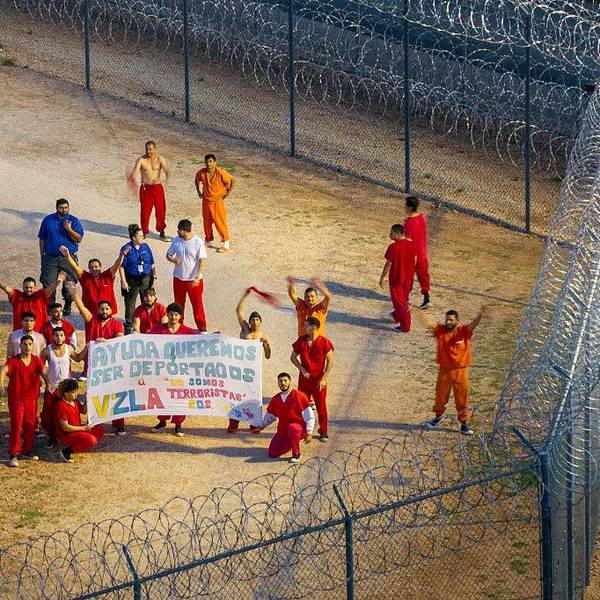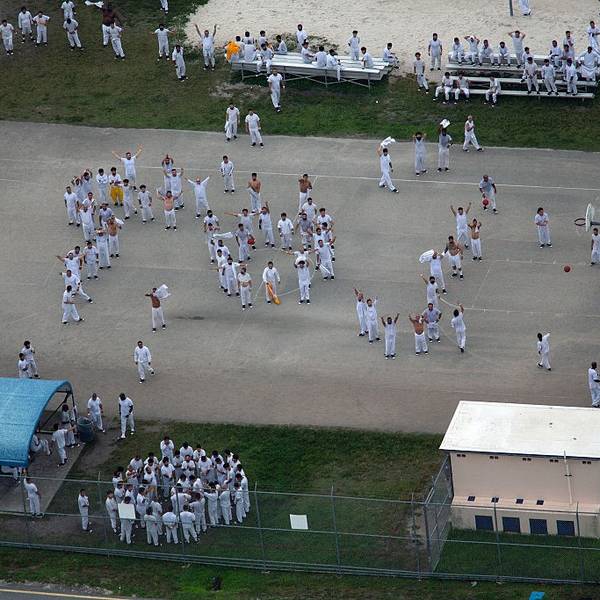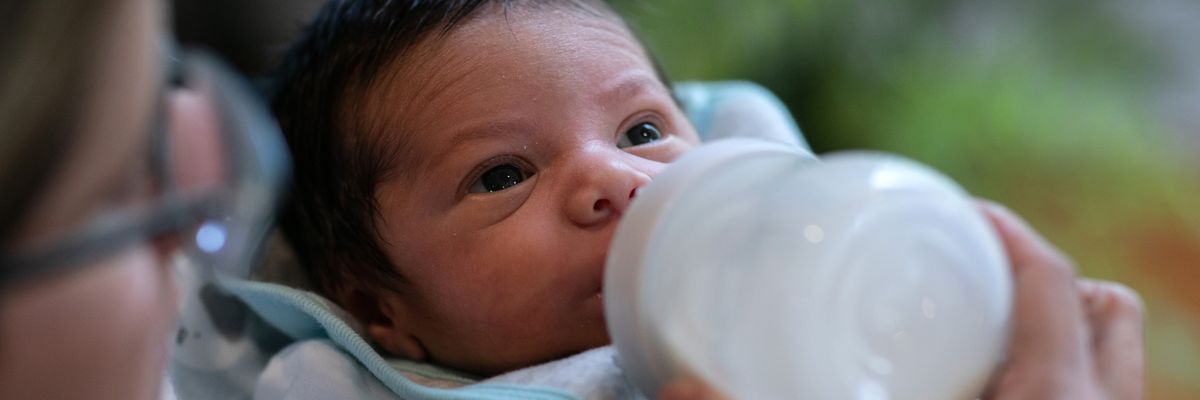Ruling on one of at least nine legal challenges that have been filed against U.S. President Donald Trump's executive order attempting to end birthright citizenship, a federal judge on Wednesday said she would not allow the district court she presides over to "be the first" in the country to endorse Trump's erroneous interpretation of the 14th Amendment.
U.S. District Judge Deborah Boardman in Maryland found that Trump's executive order, signed the day he took office last month, "runs counter to our nation's 250-year history of citizenship by birth."
In the 1898 U.S. Supreme Court case United States v. Wong Kim Ark, the judge noted, the high court "resoundingly rejected the president's interpretation of the Citizenship Clause of the 14th Amendment."
In his executive order, Trump claimed the amendment "has never been interpreted to extend citizenship universally to everyone born within the United States" and has excluded people born on U.S. soil to parents who don't have permanent legal status.
The directive was set to take effect on February 19, with all babies born after that date to undocumented immigrants or those with temporary status rendered ineligible for citizenship documents.
The lawsuit was filed by two immigrant rights groups, CASA and the Asylum Seeker Advocacy Project, on behalf of five pregnant women who do not have permanent legal status.
The groups argued that the order would "throw into doubt" the status of thousands of children across the country.
"Today, virtually every baby born on U.S. soil is a citizen upon birth," said Boardman. "That is the law and tradition of our country. That law and tradition will remain the status quo pending the resolution of this case."
"I should be worried about the health of my child. I should be thinking about that primarily, and instead my husband and I are stressed, we're anxious and we're depressed about the reality that my child may not be able to become a U.S. citizen."
One plaintiff, a physician from Venezuela who was identified as Monica in the lawsuit, said she feared her child would be born stateless.
"I'm 12 weeks pregnant," said Monica. "I should be worried about the health of my child. I should be thinking about that primarily, and instead my husband and I are stressed, we're anxious and we're depressed about the reality that my child may not be able to become a U.S. citizen."
The judge added that the executive order was "likely to be found unconstitutional" and said the Trump administration hadn't proved it would be harmed by a preliminary injunction.
Boardman is the second federal judge to block Trump's executive order. Nearly two dozen Democratic state attorneys general, the American Civil Liberties Union, and at least one county have also filed legal challenges.
Days after the executive order was issued, a federal judge in Seattle who was appointed by Republican President Ronald Reagan issued a temporary restraining order blocking the directive, saying he "had difficulty understanding" how the administration's lawyers could argue the executive action was constitutional.
Under Boardman's ruling, the order will remain blocked unless a higher court overturns her decision or until she issues a final ruling.




